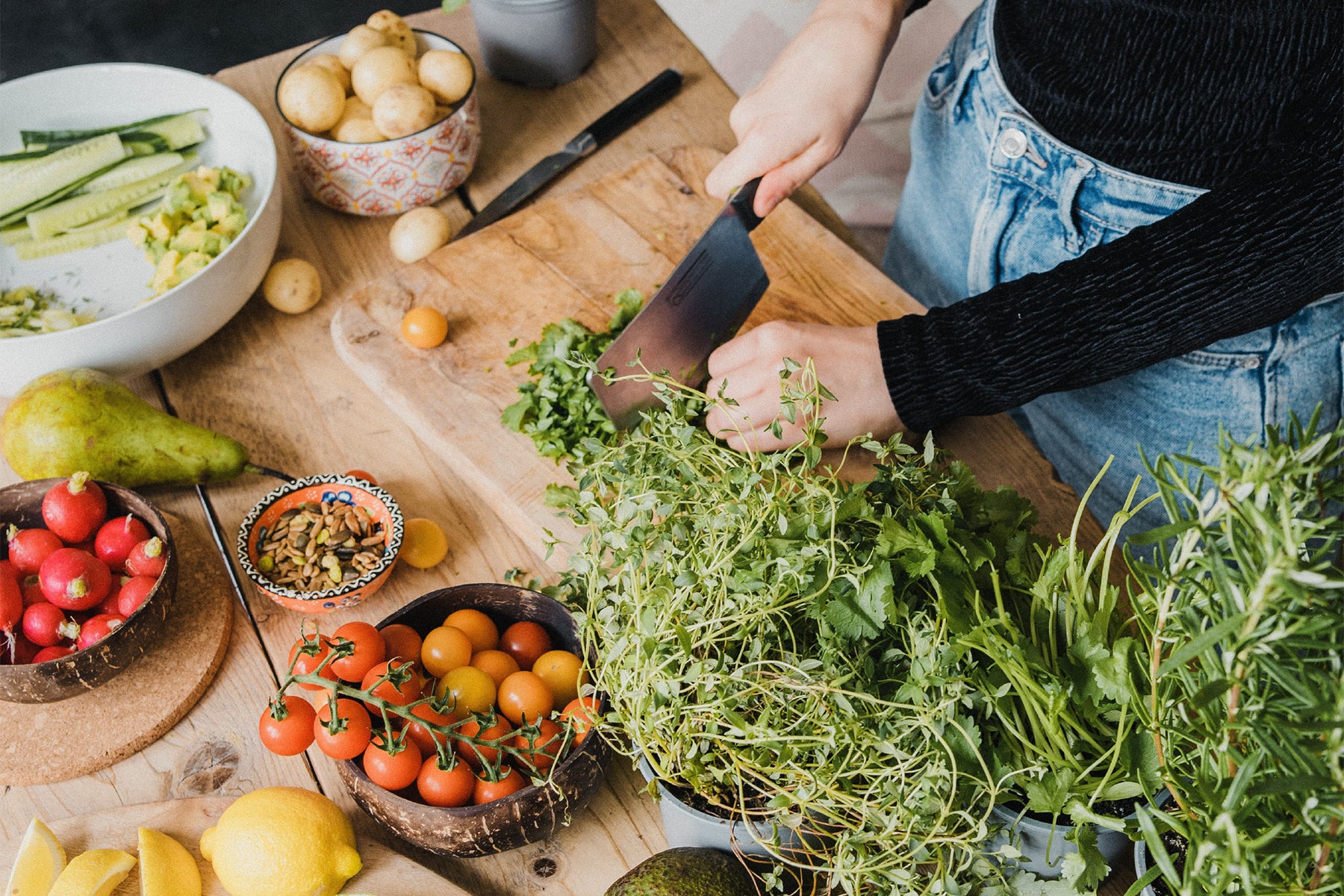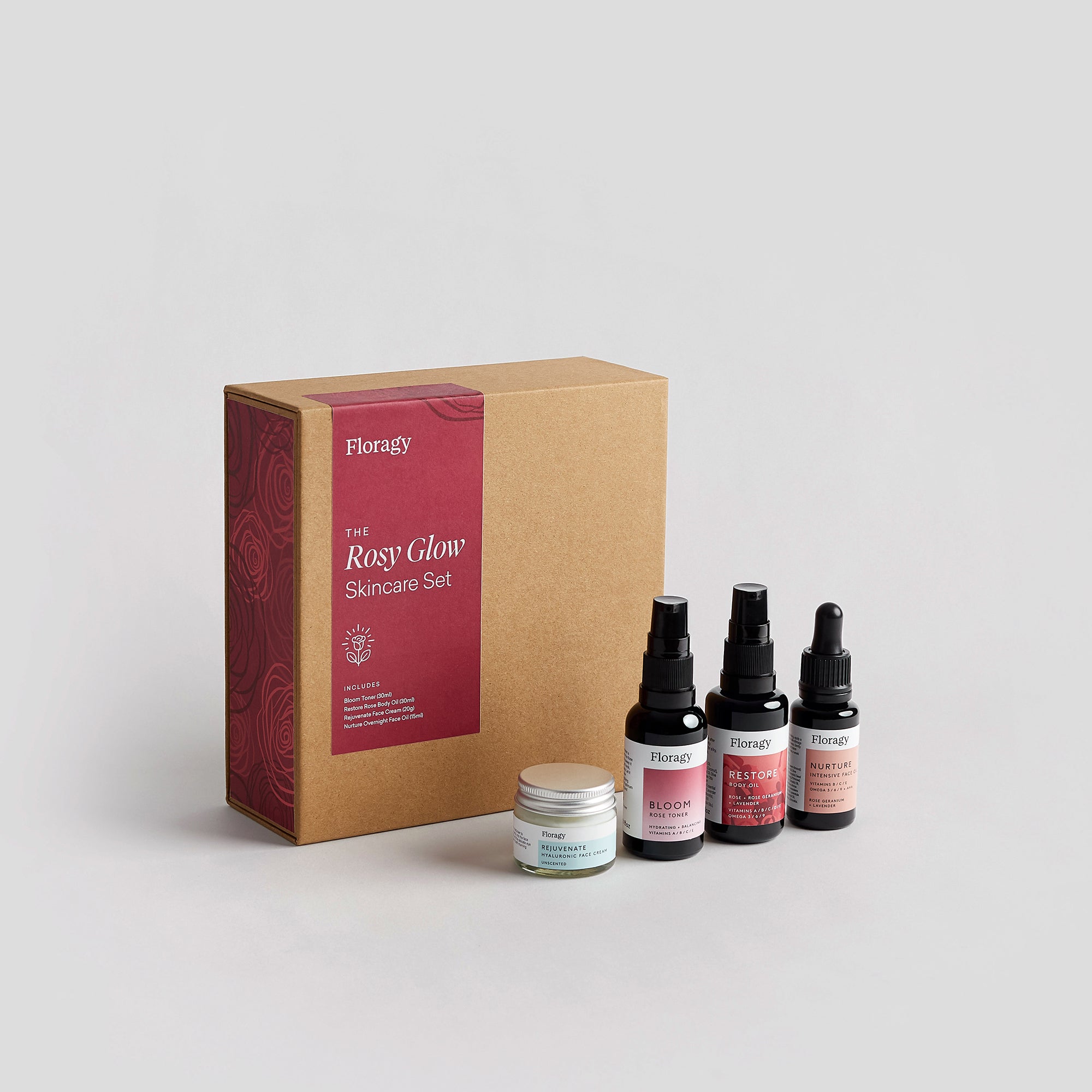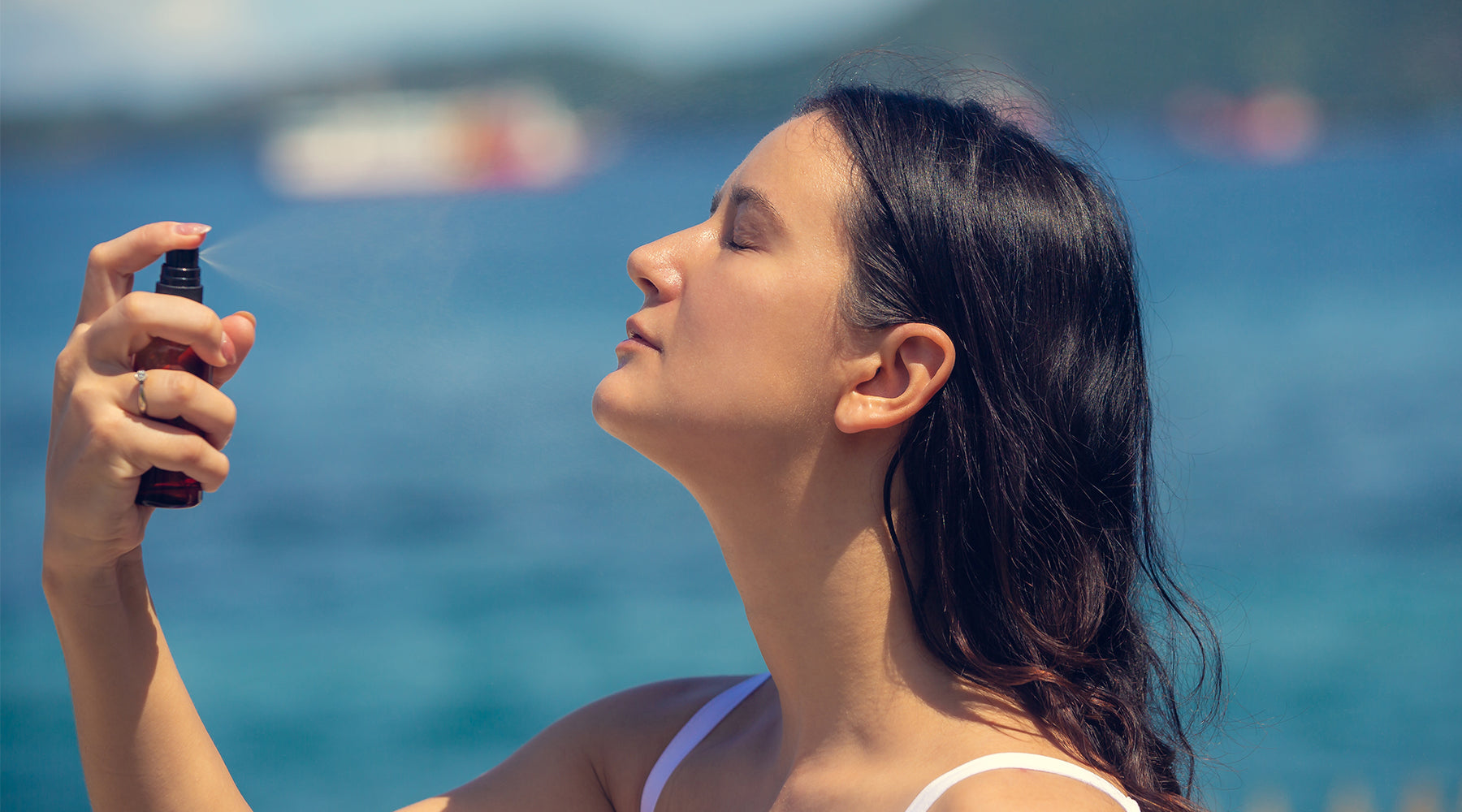
Nutrition for healthy skin
Our skin can alert us to imbalances or illness in our bodies at an early stage. What we eat can improve our skin health from the inside out, so clear skin begins with eating a healthy, balanced diet. One of the biggest challenges for our skin is when we eat an inflammatory diet which can cause gut permeability, having an impact on sex hormones, contributing to skin concerns.
How can we support the integrity of our skin?
Protein
Dietary protein contains amino acids that contribute to the structure of our skin. Protein is one of the key building blocks of skin tissue.
Tip: the general rule of thumb is to have 0.8-1 grams of protein per kg of body weight per day. So if you weigh 60kg, this would mean eating between 48 – 60 grams of protein per day.
Include: meat, poultry, seafood, eggs, live yogurt, beans, pulses, nuts and seeds.
Lipids and Omega 3
Optimise healthy fats in the diet. They are crucial to the structure and function of the skin and help to keep it moisturised. Omega-3 has anti-inflammatory properties which can also be beneficial to skin health.
Include: olive oil, avocado, nuts and seeds (walnuts, pecans, pumpkin seeds, almonds, flax seeds, chia seeds), oily fish (salmon, mackerel, anchovies, herring, trout, sardines and pilchards).
Eat the rainbow
Antioxidants in colourful fruit and veg play a key role in reversing oxidative damage and inflammation in the skin.
Tip: eat a plant based food from each of these colours daily: green / red / purple / yellow / orange and white.
Vitamin C
This vitamin is essential for collagen production, helping to provide structure to the skin. It is also an antioxidant and is involved in keeping skin clear.
Include: citrus fruits, strawberries, kiwis, peppers, tomatoes, broccoli, leafy greens
Vitamin E
Vitamin E protects the skin as it is a powerful antioxidant and helps with cell turnover.
Include: nuts and seeds, leafy green vegetables, seafood.
Tip: Vitamin E is absorbed better when combined with Vitamin C.
Vitamin A
This vitamin is another antioxidant and is also needed for cell growth and turnover which helps with healing the skin, preventing breakouts and promoting natural moisturising.
Include: liver (avoid when pregnant), eggs, salmon, green leafy vegetables, carrots, peppers, sweet potato, apricot, mango.
B-vitamins
A lack of B-vitamins can lead to inflamed or dry skin, rashes and cracks in the skin at the corners of the mouth.
Include: whole grains, nuts and seeds, meat, poultry, seafood, eggs, broccoli, asparagus, peas, sprouts, leafy greens.
Zinc
Zinc plays an important role in wound healing and has anti-inflammatory properties. It is also needed for protein synthesis.
Include: red meat, oysters, crab and lobster, poultry, beans, nuts & seeds, whole grains.
Green tea / Matcha: Green tea has been shown to improve skin health. Compounds found in green tea may reduce inflammation, speed up wound healing and slow down the production of skin cells.
Tip: Opt for ceremonial grade organic matcha for optimum health benefits.
Fibre
Essential for elimination. If our bodies aren’t correctly eliminating toxins, they can build up in the body, leading to inflammation which can cause noticeable changes in the skin.
Include: fruits and veggies (with peel on), nuts and seeds including chia and flax seeds, legumes, beans, lentils and peas, whole grains.
Pro and Prebiotics
These can improve the health of your gut, which has a big impact on our overall health and therefore skin.
Include: kefir, kimchi, sauerkraut, miso, kombucha live yogurt (probiotics), and chicory, artichoke, garlic, onions, asparagus, oats, flax seeds, seaweed (prebiotics)
Water
Water helps to flush out toxins that can show in the skin, it can help to prevent breakouts and helps to keep moisture in the skin.
Tip: drink 2 litres of water a day

Eating a generally balanced diet, full of colour and variety and limiting sugar, trans fats and alcohol can all contribute to beautiful skin. If you would like more information or have a particular skin concern that you would like some advice on, please get in touch with Alex Capadose Nutrition.
Instagram: @alexcapadosenutrition
https://www.alexcapadosenutrition.com











